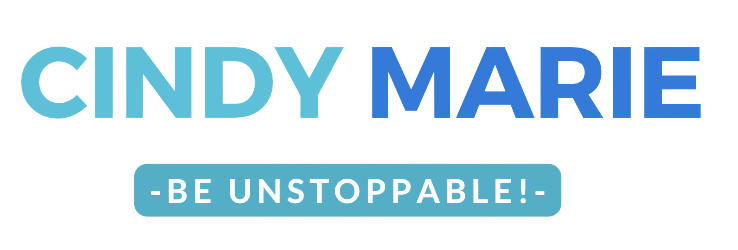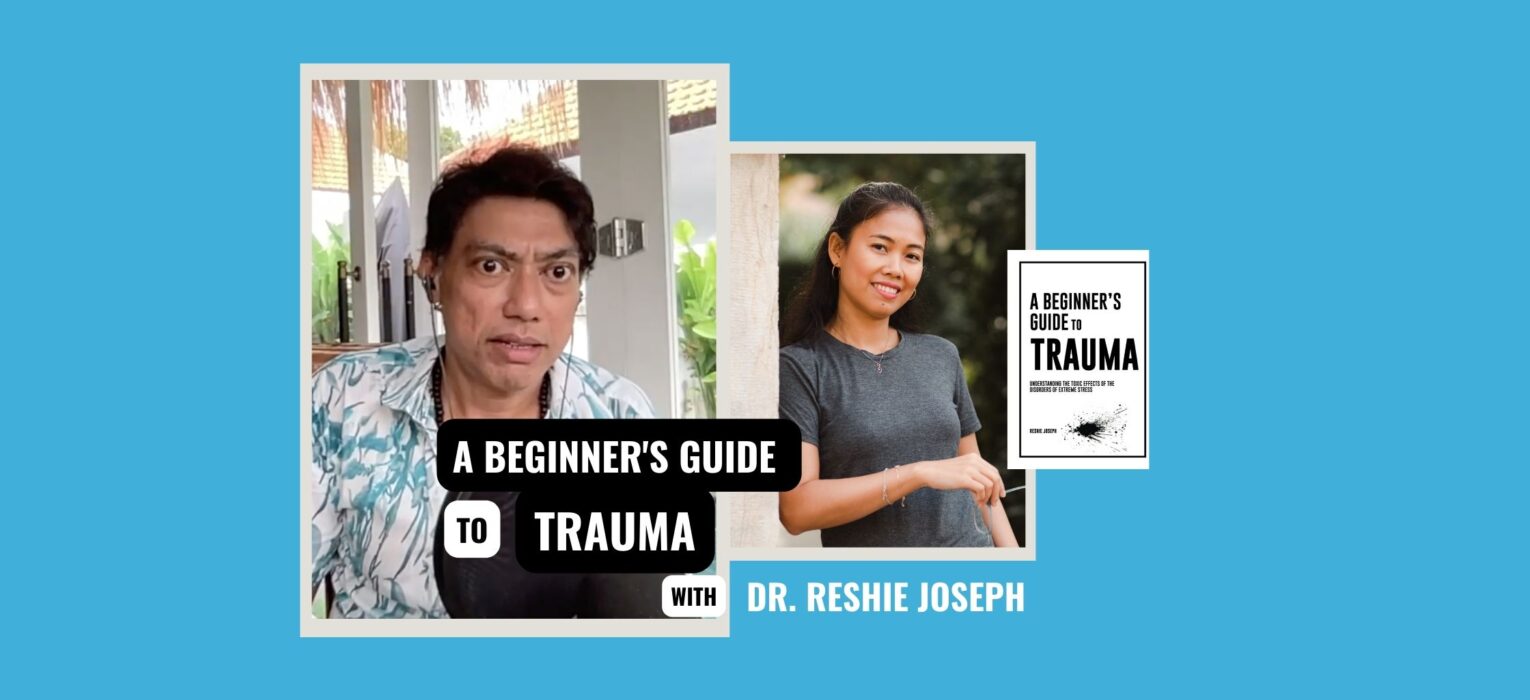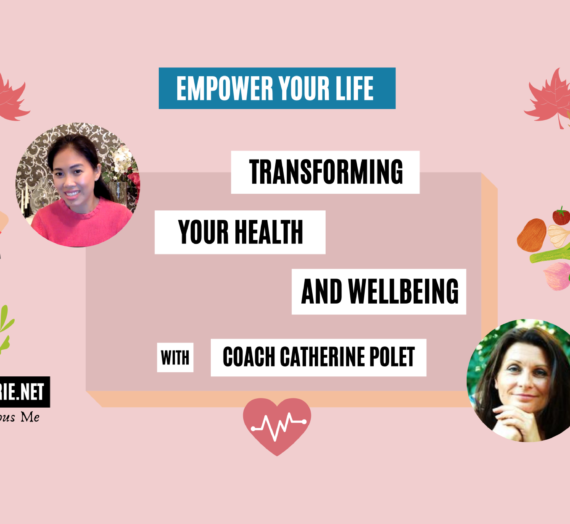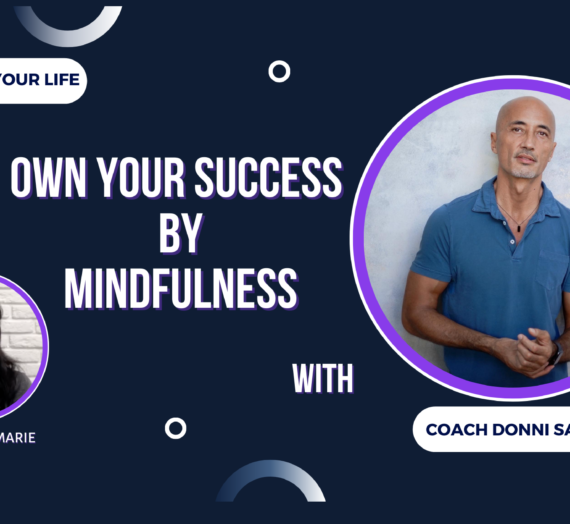This episode is a 2hr-conversation, a privilege where Dr. Reshie shared most of his journey, what most people know, and one story that only closed friends know – well, that includes us now when you listen/watch this episode. Everything relates to the Trauma and/or attachments and how it impacts our lives even to this date, especially when things are still tiny. Yet, we refuse to seek help or open up to people we genuinely trust that could share the support we need, and that could get worse and perhaps could be tough to get away from or heal, where we don’t want to be ended up suicidal. But just like Dr. Reshie, who managed to bring himself back from being a homeless addict to now retrained a psychologist and even specializes in treating Trauma and stressor-related disorders. He wrote this newly published book: A Beginner’s Guide to Trauma, which I recommend you grab your copy; to bring awareness and knowledge for those symptoms that you weren’t aware of and perhaps you might be keeping or suffering from past Trauma has yet to heal. This book might change your life.
In this episode, you’ll learn:
- Attachment Styles and their Meaning
- Nurturing and its Impact on Attachment
- What is TRAUMA?
- When to know and who to seek help for when feeling suffering from Trauma
- Lack of Knowledge and Effect of Social Media
- Adverse Childhood Experiences (ACEs) Questionnaire
- The Importance of Knowing What Happened in Your Childhood
- The GOOD Doctors vs. BAD Doctors
- The Power of Self Awareness
- We are ALL UNIQUE
- Love Yourself
- Apart from those identified as Psychopaths/Sociopaths, most parents did their best to raise us.
- There’s no SUCH THING as PERFECT PARENTING.
- Greatest Healers are People who experience more PAIN.
- Importance of Thinking and Emotions Connection
- Dr. Reshie’s Professional and Personal Routine for Optimism
Books mentioned in the Interview by Dr. Reshie, which also mostly mentioned in his book: A Beginner’s Guide to Trauma
- Affective Neuroscience: The Foundations of Human and Animal Emotions – Jaak Panksepp
- The Wounded Healer – Henri Nouwen
TIME STAMPS:
02: 14 – 31:55 >>>Story of Dr. Reshie & Attachment Styles
31:55 – 54:54 >>>The Story of Publishing this book: A Beginner’s Guide to Trauma
54:54 – 01:12:38 >>>Suggestions to Embrace the suffering people experience because of the Trauma that has yet to be attended to or healed.
01:12:38 – 01:43:05 >>>The Power of Self Awareness
01:43:05 – 01:52:58 >>>How Do You Keep Yourself Optimistic?
01:52:58 – 01:57:47 >>Where to Find Dr. Reshie Joseph?
DEEP THINKING:
If you’re new to my blog and this show, thank you! I appreciate you.
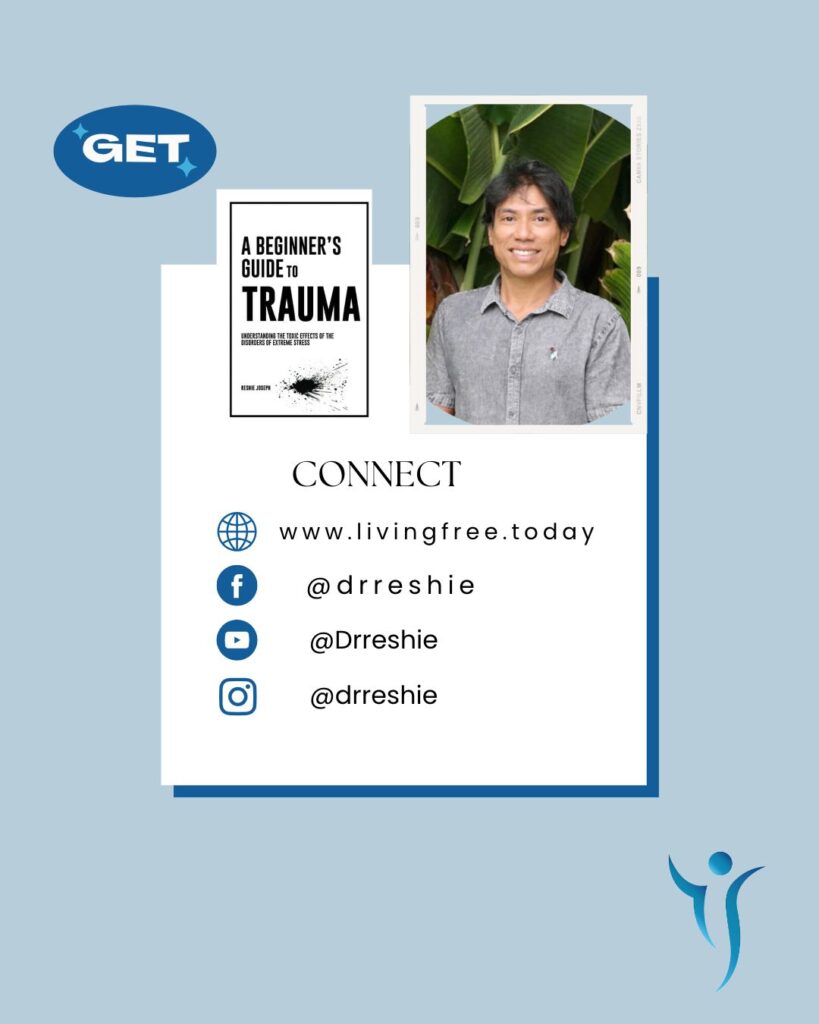
I’m a BIG believer in attending the uncomfortable situation, conversations, or feeling at an early stage than later – because, just like TRAUMA. When it has been ignored for many years, the inner work will take longer from the result that we want to achieve. As Dr. Reshie mentioned, by the time his patients come to him – he would need to unpack the furniture. And trust me, I was in the same place where I felt like I was the guinea pig running in circles because that situation that kept repeating gave us a signal that we must step back, look into it, and reflect. Most of us tend to ignore it because we think it’s unimportant, not worth attending to, or too scary to dive deep into. And other reasons we tend to give ourselves for not taking even tiny action.
Dr. Reshie and I would love you to explore that worthwhile to take action – and that is, whenever you feel one situation kept repeating and you always feel like, “this is so familiar, I feel like; I’ve been to this before.” Or others would say, “why this thing kept happening to me? What’s wrong with me?” This suggestion might be uncomfortable for you, but trust me; it’s worthwhile. Give yourself a walk at home or outdoors for about 30-60mins and reflect or express that situation. I would suggest noting down all the feelings you have. And when you have all the feelings noted, expressed it out – there’s magic within that walk that’s giving you a sense of release and freedom. But that’s not it, the last thing you can do before finishing the walk is ask yourself: “What is it that I have to learn or notice in this repetitive situation?” And let go; that question will help you deep dive into what you’re supposed to know or unlock within you. Little by little, the gentleness slowly reveals what needs to be attended to or healed.
In the comments below, let us know:
- What insight from this conversation speaks to you and why?
- When you do the deep thinking, what have you learned about your repetitive situation and yourself? Would there be a trauma that has to heal or some forgiveness, perhaps?
I would love you to share this episode with anybody you think will benefit the understanding of TRAUMA.
No matter how big or small you want to achieve, take action now, use everything you learned from this interview, and keep going for your goals. Take small steps every day.
Yours,

Have more questions or queries? Let’s connect.
Interested in Exploring & Experiencing Coaching – Book Here
